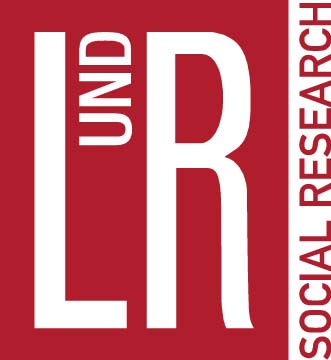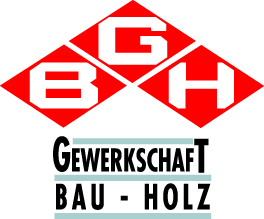General Information
Call: SOCPL-2024-INFO-WK
Type of Action: SOCPL-PJG
Acronym: JustWork
Number: 101191905
Duration: 24 months
Start Date: 15 Feb 2025
Estimated Project Cost: €547,551.10
Requested EU Contribution: €492,795.99
Project Description
Abstract
There are many good reasons why trade unions are in favour of more democracy at the workplace. Particularly in times of far-reaching transformation processes in the economy and shocks to our society caused by multiple crises, co-determination at the workplace creates resilience and the potential to shape the future. Workplace democracy essentially describes the ability of employees and their representatives to influence company decisions. According to numerous studies, such influence contributes to the reduction of social inequalities, better working conditions, positive economic effects, successful digitalisation in the company, more pronounced environmental protection in the company and the promotion of democratic attitudes among employees.
In this project we want to focus on the 'right to participation'. The need for workers to have more influence on the workplace and company decisions is a key condition for 'workplace democracy'. The project will analyse this demand among workers in the participating countries. This will provide a perspective on the state of workplace democracy in the countries analysed that has not been included in previous surveys and indices. The ability of employee representatives to deal appropriately with the requirements of participation is called "participation competence". Capacity building in the sense of promoting "workplace democracy" means strengthening this competence on the basis of the scientific findings generated on "participation requirements". The aim is to create a basis for "participation-oriented interest representation", the mobilisation potential of which can promote the establishment of works councils or strengthen the negotiating position of employees in collective agreements.
General objective
This project intends to broaden and deepen the field of employee participation, focussing on the concept of "Workplace Democracy". It aims to promote a constructive dialogue between employees and management in order to develop a comprehensive understanding of the need for a balanced workplace design.
Specific objectives
- Conduct a comprehensive study to capture the needs and expectations of employees in relation to their participation in the workplace.
- Identify strategies and practices that strengthen employee engagement without neglecting organisational goals.
- Promoting exchange and co-operation between employees, trade unions, works councils and management to develop a comprehensive understanding of the importance of a balanced workplace design.
- Sharing the results and experiences with partners and organisations to raise awareness of the importance of an inclusive and participative working environment.
Overview of Activities
- Kick-off team conference (online) at the start of the project
- Conducting a study on the "participation claim" (L & R social research) in various sectoral clusters of selected groups of employee representatives.
- Start of the national elaboration of the initiatives as defined by the project partners.
- Mid-term conference to present the results of the study and to define a strategy for disseminating the results of the study. In addition, developments in the individual countries are discussed.
- Organisation of sector meetings - exchange of experiences in the project countries.
- Activities at national level: disseminating the results of the study and reporting on best practice examples at the trade union evening school and open space events
- Final conference of the project - presents the experiences gained during the project and draws conclusions for the future at transnational level.
- Registering best practices: building a collection of knowledge, case studies and good practices in the field of workplace democracy that can serve as a resource for other organisations and stakeholders
Project countries:
Austria, Bulgaria, Serbia, Slovenia, Hungary, Moldova


















Uuganbayar_AdobeStock_554589620?qlt=85&ts=1747122529793&dpr=off)


